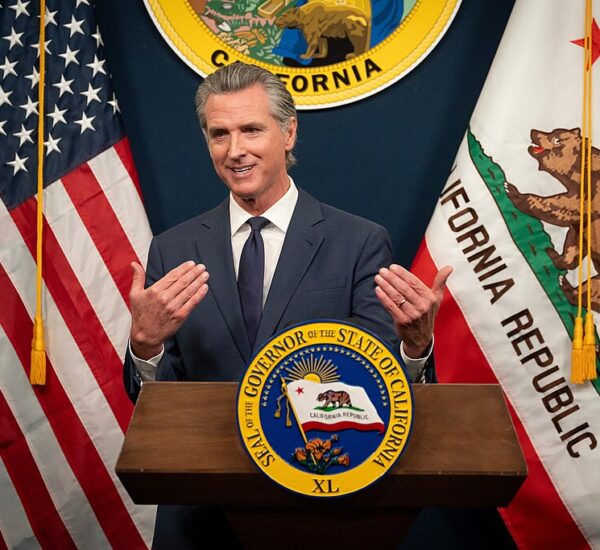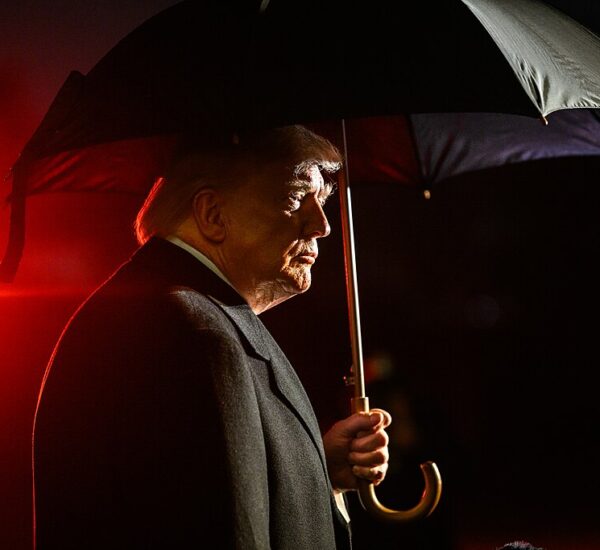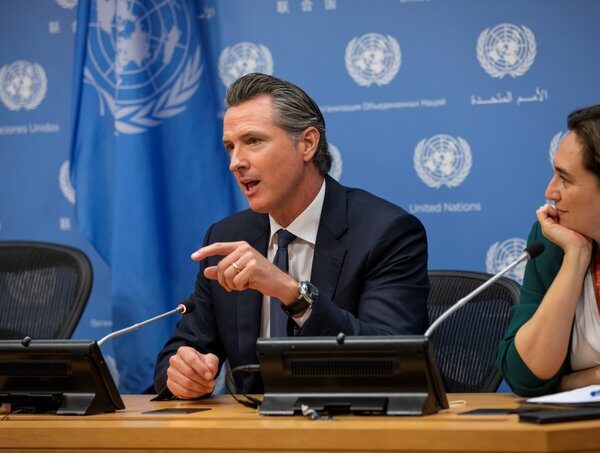US Puts New Restrictions On Canadians
The United States is tightening regulations on Canadian visitors, now requiring those planning to stay longer than 30 days to register with the U.S. government. This new policy, set to take effect on April 11, also mandates that visitors aged 14 and older undergo fingerprinting, according to a recent update to the Federal Register. While Canadians have traditionally been exempt from such requirements, this rule aligns with the Trump administration’s broader immigration and border security objectives.
This decision comes at a time when the U.S. is engaged in a trade conflict with Canada, Mexico, and other foreign nations due to tariffs imposed by President Trump. These trade tensions are further complicated by the ongoing battle against the opioid crisis, especially the influx of fentanyl, a highly addictive and lethal drug. Trump has made it clear that combating this drug epidemic is a top priority, and these new measures are part of that effort.
The new rules will impact an estimated 900,000 Canadians, many of whom typically visit the U.S. during the winter months to escape the colder Canadian weather. Previously, only those traveling by air were required to register with U.S. authorities. Now, the new regulations ensure that anyone staying for an extended period—whether arriving by land, air, or sea—must comply with the registration requirements.
Failure to follow the new registration rules could lead to serious consequences, including fines of up to $5,000 or imprisonment for up to 30 days. In some cases, both fines and imprisonment may be enforced. The only exemption to this rule applies to American Indians born in Canada under specific legal provisions, such as those under the Texas Band of Kickapoo Act.
This policy strengthens the Trump administration’s commitment to securing U.S. borders and combating illegal immigration. The new directive is a part of the broader effort to ensure national security and curb illegal activities, particularly the flow of drugs and unauthorized immigration into the country.






